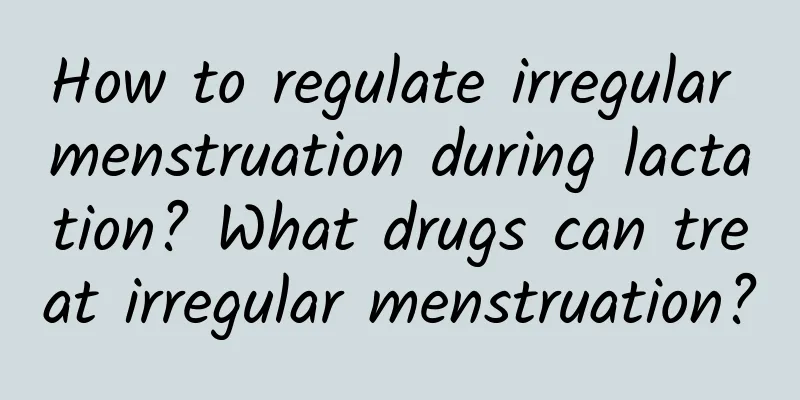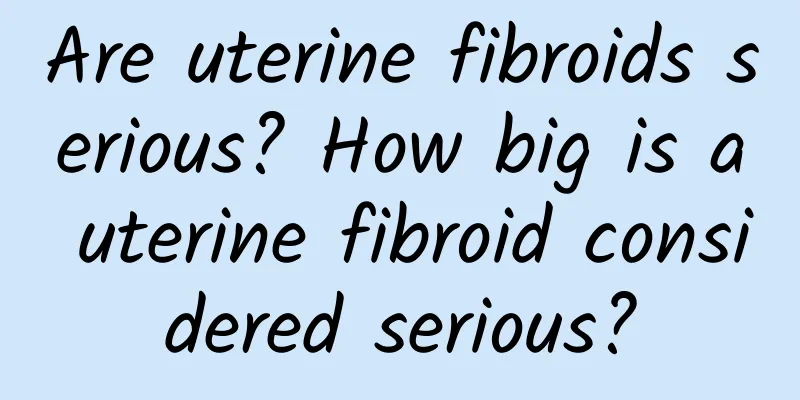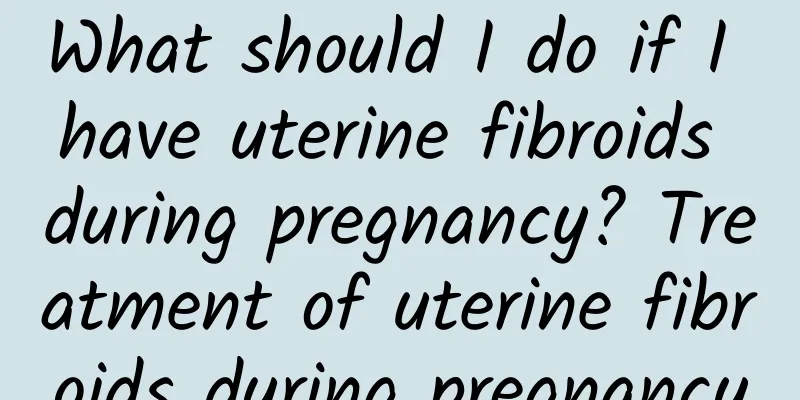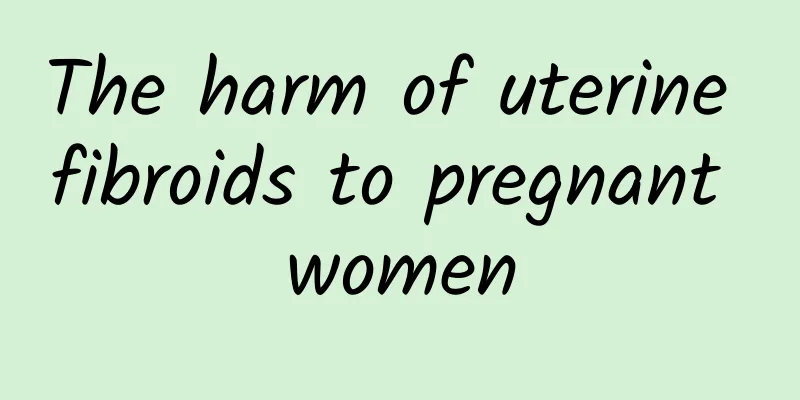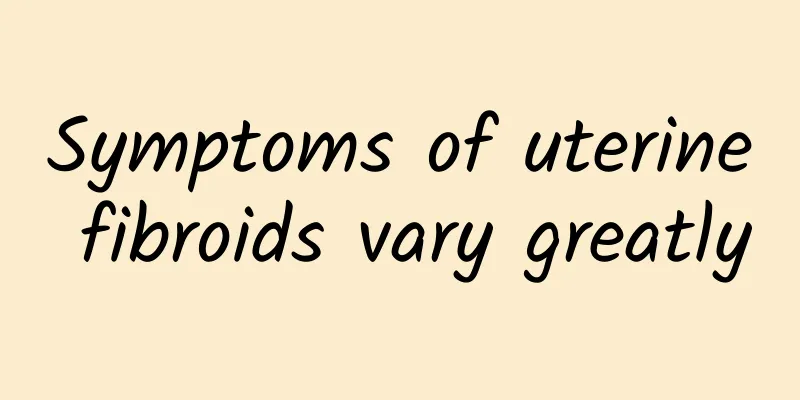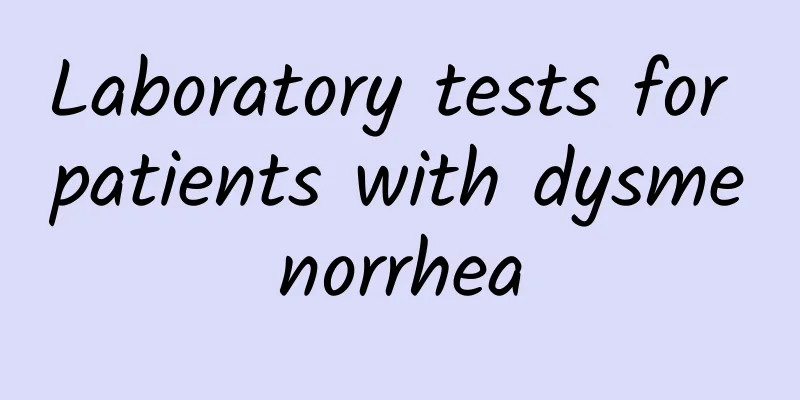How to treat uterine fibroids? How to prevent uterine fibroids?
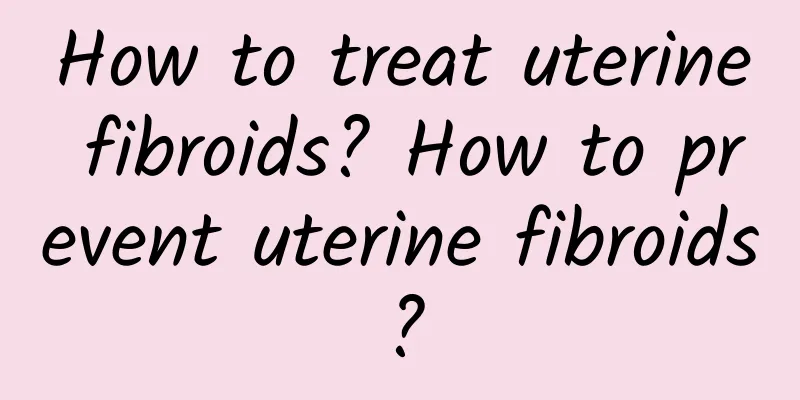
|
Uterine fibroids are benign tumors formed by the proliferation of uterine smooth muscle tissue. Common manifestations include uterine bleeding, pain, abdominal mass, compression symptoms of adjacent organs, increased leucorrhea, anemia and heart dysfunction. Some patients have no symptoms and often find uterine fibroids during gynecological examinations. Uterine fibroids are the most common benign gynecological tumors, and are more common in women aged 30-50 years. According to the different locations of uterine fibroids, they can be divided into intramural, subserosal, submucosal and intra-broad ligament fibroids. treat: If the fibroids are small, asymptomatic, without complications and degeneration, generally no treatment is needed. Especially for people approaching menopause, due to the low estrogen level after menopause, the fibroids will naturally shrink or disappear, and only regular (3-6 months) review is required. If the fibroids are found to be enlarged or the symptoms are obvious, further treatment should be considered. Surgical treatment: (i) Hysterectomy is suitable for uterus > 3 months pregnant uterus size, although the fibroids are not large, but the symptoms are obvious, or the growth of fibroids cannot be ruled out as malignant; (ii) Myoma removal: Suitable for patients under 35 years old, unmarried or childless; Drug treatment: used for patients with small fibroids, unclear symptoms, near menopause or whose systemic conditions cannot tolerate surgery. (a) methyltestosterone, testosterone propionate; (ii) Progesterone. ① For patients who need to have children; ② Any one of them is medroxyprogesterone acetate, megestrol acetate, norethisterone; ③ Luteinizing hormone-releasing hormone analogs. prevention: Patients with uterine fibroids should have regular checkups, such as ultrasound or gynecological examinations every 3 to 6 months. If older women experience rapid growth of fibroids in a short period of time or vaginal bleeding after menopause, they should be alert to sarcoma degeneration. People with heavy menstruation should actively correct anemia and prevent anemic heart disease and myocardial degeneration. |
<<: How to treat uterine fibroids in women? Precautions for women with uterine fibroids
>>: How to treat uterine fibroids in women? What are the precautions for uterine fibroids?
Recommend
What are the clinical manifestations of pelvic inflammatory disease?
What are the clinical manifestations of pelvic in...
Does adenomyosis cause abdominal pain?
Adenomyosis is a common disease in women. If you ...
What is uterine cyst? Is it serious?
Uterine cysts generally refer to cystic lesions i...
Yoga lactation exercises! Fish pose chest expansion stimulates breast
Yoga can enhance immunity and help mothers with l...
Can you lose weight by eating fruits without getting fat? Nutritionist: He is the calorie king...
Celebrities have various ways of losing weight. S...
What should I do if vaginitis cannot be cured for a long time?
What should I do if vaginitis cannot be cured for...
A brief analysis of common symptoms of irregular menstruation
Many female friends may know about irregular mens...
Is ovarian cyst related to menstruation? What should I do if my menstruation is delayed?
Two-thirds of women's lives are accompanied b...
Advantages and disadvantages of traditional Chinese and western medicine in treating vulvar leukoplakia
As a common gynecological disease, the treatment ...
Love to use domestic products! The government is keeping a close watch on agricultural products, so you can enjoy them with peace of mind
In order to promote Taiwan's high-quality agr...
Understand the symptoms of adnexitis and detect the presence of the disease in time
Adnexitis is the most common gynecological diseas...
What are the characteristics of cervical warts?
What are the characteristics of cervical warts? S...
What is the reason for the sticky brown discharge from the lower body?
The discharge of brown and sticky discharge from ...
How to abort a cornual pregnancy
How to abort cornual pregnancy? Cornual pregnancy...
The tug-of-war between cherishing things and health! Can I still eat expired food?
Modern people have easy access to food, and many ...
